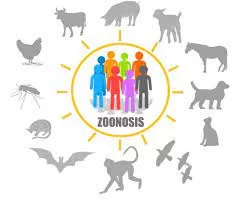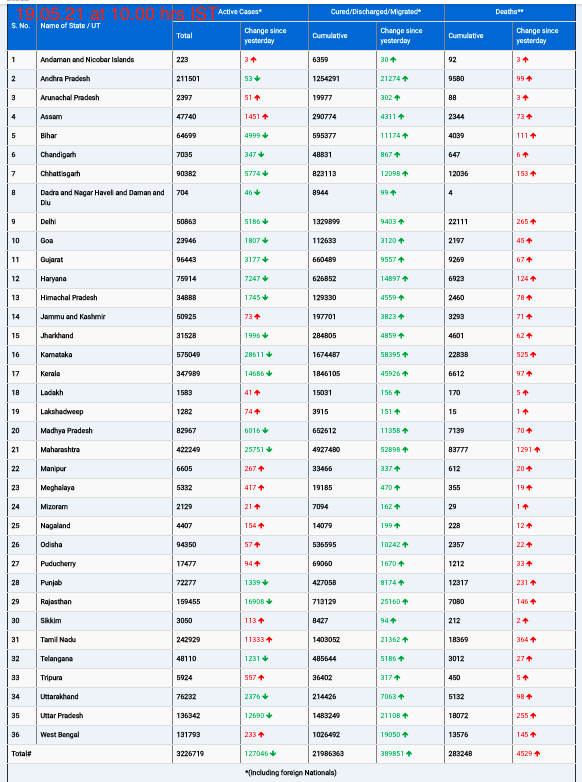A new study from The Ohio State University suggests that the use of popular anti-obesity medications may be contributing to increased food waste among some U.S. adults, highlighting unexpected environmental and behavioral implications of these drugs.
The study surveyed 505 adults taking GLP-1 agonist medications—such as Ozempic and Wegovy—known for their effectiveness in managing type 2 diabetes and obesity. About 25% of respondents admitted they had wasted more food since starting the medications, while 61% disagreed. Increased food waste was more common among those who experienced nausea as a side effect of the drugs.
Changing Food Habits and Preferences
GLP-1 medications work by slowing stomach emptying, regulating blood sugar levels, and signaling feelings of fullness to the brain. These effects often lead to reduced appetite and changes in dietary preferences. According to the survey, participants reported eating more vegetables, protein, fish, and healthy fats while consuming less alcohol, carbohydrates, fried foods, sweets, and dairy.
Interestingly, adding more vegetables—a food group frequently wasted in the U.S.—to their diets was associated with a lower likelihood of food waste. Researchers believe that the shift toward more vegetable-dense meals may help mitigate waste over time.
“The fact that food waste appears to decrease as patients acclimate to the medication suggests a fairly simple remedy,” said Brian Roe, senior author of the study and professor of agricultural economics at Ohio State. “Advising patients about potential changes in their diets could reduce food waste and save money.”
Long-Term Impacts and Broader Implications
The study found that participants who had been on GLP-1 medications for a year or longer were less likely to waste food compared to those who had been taking the drugs for 90 days or fewer. On average, participants who had been on the medication for a year lost 20% of their body weight.
The findings point to a broader context: nearly one-third of food in the U.S. is wasted, with consumers discarding an average of one pound of food per person daily. With the growing popularity of GLP-1 drugs—currently used by 6% of U.S. adults—understanding their implications for food waste, production, and sustainability is increasingly important.
“People taking these medications will likely spend less on food,” Roe added. “But whether those savings offset the cost of the drugs remains to be seen.”
Environmental Considerations
Food waste has far-reaching environmental consequences, contributing to energy consumption, greenhouse gas emissions, and resource depletion. While reduced food consumption at a population level can have positive environmental effects, the overall societal impact of anti-obesity medications is not yet fully understood.
Looking ahead, Roe and his team plan to explore how these medications affect household finances, including food and pharmacy expenses. As GLP-1 drug prescriptions rise, researchers hope to uncover actionable strategies for balancing health, economic, and environmental outcomes.
The study, funded by the USDA National Institute of Food and Agriculture and Ohio State’s Van Buren Fund, was published in the journal Nutrients.











